Student
Wellbeing

Student
Wellbeing
After an extended focus on being calm and ready to learn, this fortnight, our focus shifts to the toilets. Unfortunately, this has been an area of concern recently.
Mini Blitz: Be Safe
We know how to use the toilets safely
We know how to use the toilets privately
We consider our classmates and cleaners by keeping the toilets neat and tidy
Each week, we count up our pebbles across the whole school. Pebbles are earned by students who are following the school expectations! These pebbles are tallied up into house team and class totals. We announce these results at assembly.
Backhaus House Celebration Lunch
Next Thursday 5th of June, the students of Bakhaus (Yellow) House will celebrate winning the Term One pebble challenge! They will share a pizza and hot chip lunch together. More information will be shared regarding this celebration. Please note, that children are still encouraged to bring along their usual lunch on this day.
As mentioned in the most recent newsletter, our Year 3-6s completed a survey that explored each students resilience and general wellbeing.
Over the coming editions of the newsletter, we will continue to share some “snapshots” of our data.
This week we wanted to highlight the importance of encouraging problem solving skills and resilience with your child.
The graph below shows where we are comparatively to the Australian average.
Our Year 3 and 4 females as well as our Year 4 males are all above the Australian average.
Unfortunately, this means the remaining cohorts surveyed fall below the Australian average.
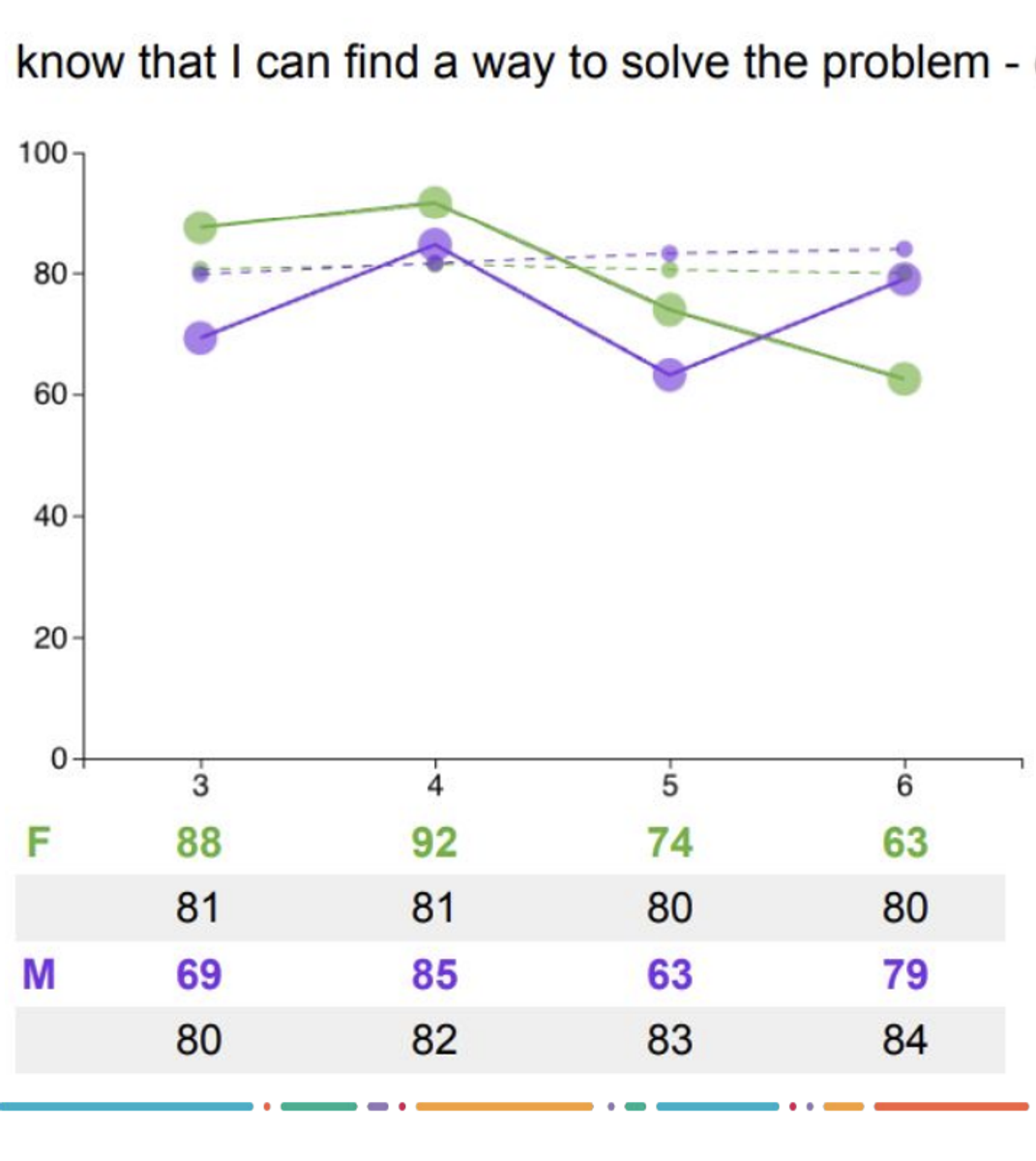

If you are finding that your child is experiencing difficulties in problem solving and resilience, please read over some of the wonderful advice from the Raising Children Network Australia website in the link below.


Key Takeaways:
Your child can develop emotional and practical skills that help them respond well to challenges. This lays an important foundation for resilience.
Here are skills for resilience and ways to help your child develop them.
Resilience is about facing challenges or disappointments, finding the positives and moving forward. There are thinking habits and attitudes that can help your child with this.
Here are ideas:
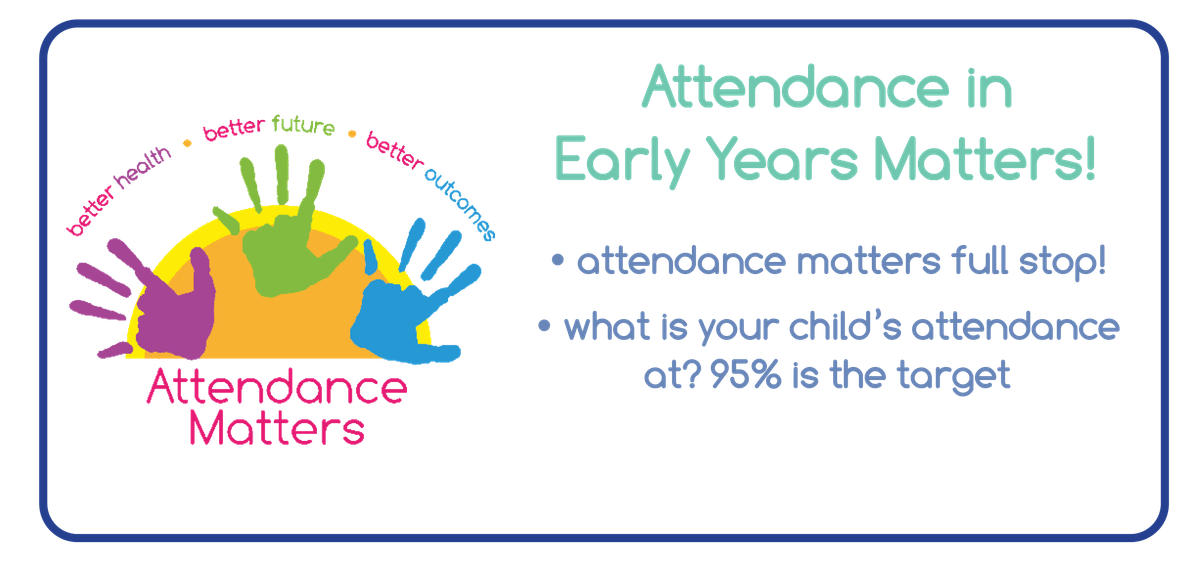

Each edition of the newsletter we will share the attendance percentage from the previous two weeks. Below is a break down of the previous fortnight. The aim is 95% attendance.
Unfortunately, we had no year levels that reached this goal over the past two weeks. Once again, there have been a number of colds and bugs going around recently. Hopefully we can stay healthy and boost these numbers for the remainder of term.
| Year Level | School Attendance Percentage |
| Foundation | 84.47% |
| Year 1 | 76.08% |
| Year 2 | 87.41% |
| Year 3 | 92.00% |
| Year 4 | 89.53% |
| Year 5 | 90.50% |
| Year 6 | 79.90% |
| School Average | 85.70% |




Thanks to The Mckern Foundation for donating fresh fruit to our school weekly.
This is a great initiative but please make sure children are still bringing a piece of fruit in their lunchbox for fruit break as fruit is not available all week.

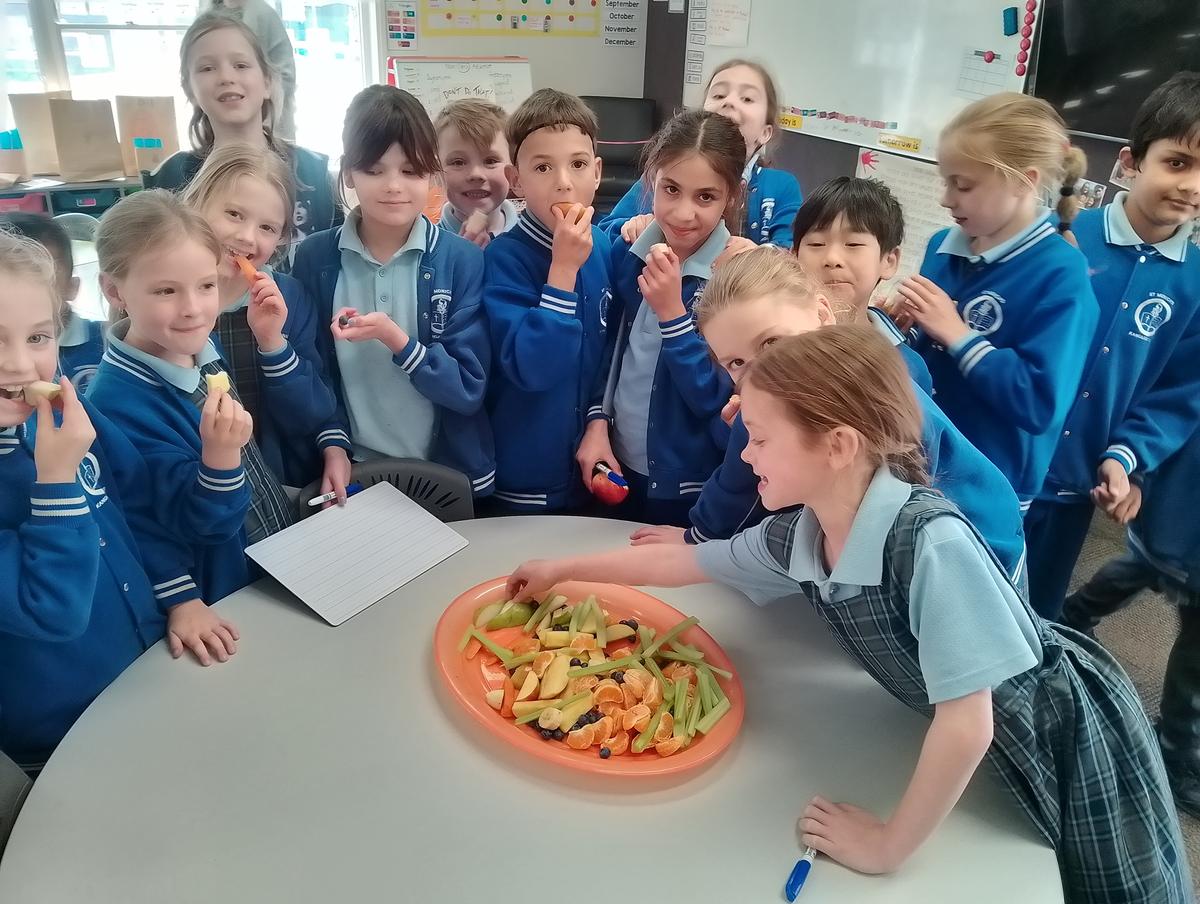
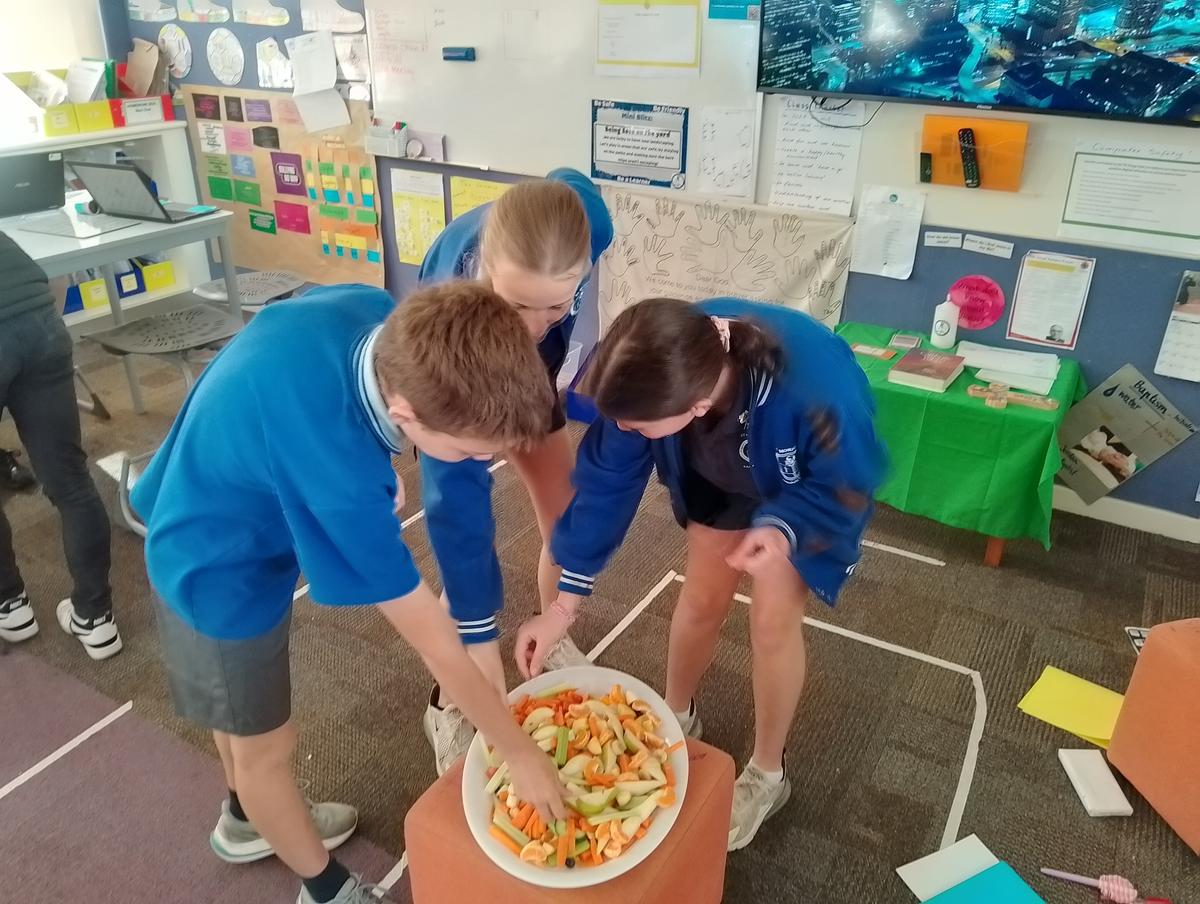



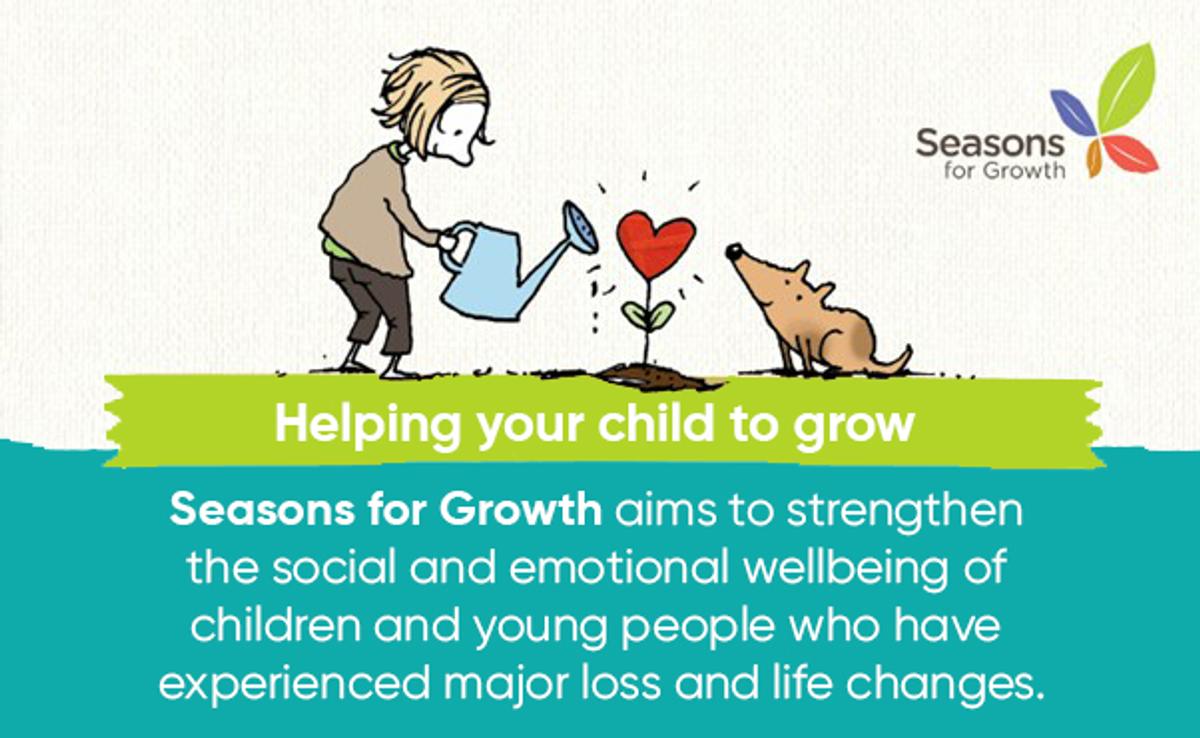

A grief and loss program
Change and loss are issues that affect all of us at some stage in our lives. At St Monica’s we recognise that when changes occur in families through death, separation, divorce or related circumstances, children and young people may benefit from learning how to manage these changes effectively. We are therefore offering a very successful education program called Seasons for Growth. This program is facilitated in small groups and is based on research that highlights the importance of social support and the need to practise new skills to cope effectively with change and loss. The program focuses on issues such as self-esteem, managing feelings, problem-solving, decision-making, effective communication and support networks. Seasons for Growth runs for eight weeks and each weekly session is 40-50 minutes during school hours. The program concludes with a 'Celebration' session. Later in the year each group will have the opportunity to meet for a re-connector session to build on their earlier learning and to follow up how each child is going.
Seasons for Growth will commence in term 2 and will be facilitated by Carina Johns(5/6 Teacher) and Bronwyn Fieldew ( Family Liaison Officer) who has received special training in the use of this program.
For more information please contact Bronwyn at the school and/or express your interest in this program by filling out the email form below which will be sent to Bronwyn Fieldew. St Monica’s is pleased to be able to offer this important program and we are confident that it will be a valuable learning experience for those who request to be involved.
Please send an email below letting us know if your child would like your child/children to participate in this program. Please include the following information:
Student name, class and whether they have experienced separation or loss.

